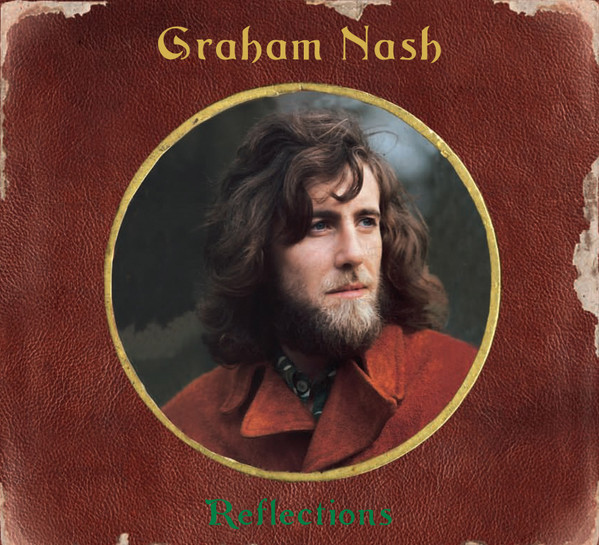The set starts wisely with three Hollies tracks, all singles from 1967. “On A Carousel” and “Carrie-Anne” still have pop charm, but “King Midas In Reverse” sounds overblown compared to the acoustic version he’d trot out later. From there we go through all of his songwriting contributions to the first two CSN albums, most of his first two solo albums, and the bookend tracks from the first Crosby/Nash album. The one rarity is a studio demo of “Right Between The Eyes”, heretofore known only from 4 Way Street.
The second disc races through the rest of the ‘70s and all of the sparse ‘80s, beginning with selections from two more Crosby/Nash albums, with a “previously unreleased mix” of the CSNY version of “Taken At All” in the midst. The later solo albums are more sparsely represented, and the listener can be comforted knowing that any gems were excluded, because they weren’t. There are some rarities, like “Love Is The Reason” from the Fast Times At Ridgemont High soundtrack and “Raise Your Voice”, one of the studio tracks from CSN’s Allies live cash-in, but there are also justifiable rejects from that period, culminating in “Soldiers Of Peace” from American Dream.
The third disc is even spottier, considering what the ‘90s and ‘00s wrought. Two stripped-down live performances from 1993 (“Unequal Love” and “Liar’s Nightmare”) are proof that big productions were best avoided, and “Two Hearts” is an intriguing collaboration with Carole King, but the other unreleased songs are a mixed bag, to say the least, from syrupy to hokum.
We can’t completely condemn Reflections since some of the music—namely most of disc one, and maybe half of the rest—is certainly good. However, there’s just too much excess to make it worthwhile. As a harmonizer, he’s without parallel, but even he knows his legacy is in the past.
Graham Nash Reflections (2009)—3

No comments:
Post a Comment